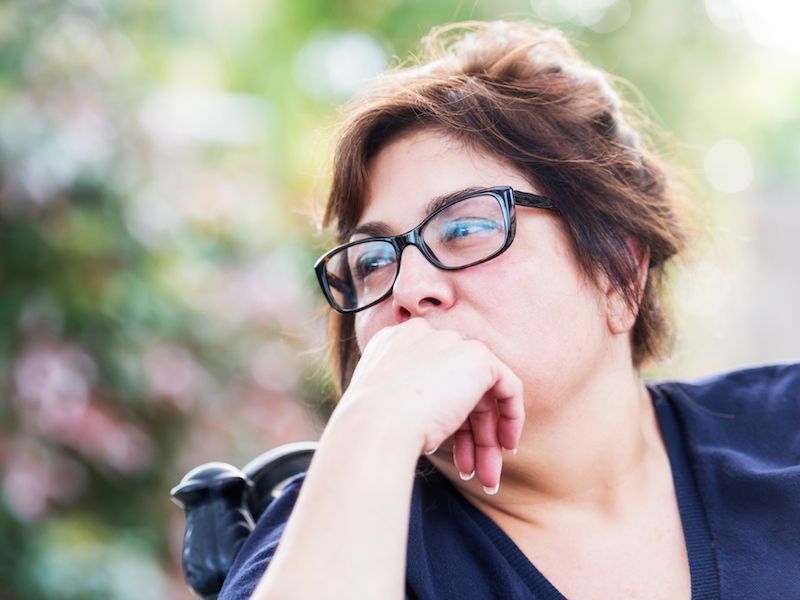
Studies indicate that you are twice as likely to have hearing loss if you have diabetes, according to the American Diabetes Association. If you are somebody that associates hearing loss with growing old or noise trauma, this could surprise you. In 2010, 1.9 million people were diagnosed with diabetes and almost 500,000 of them were below the age of 44. Evidence shows that 250,000 of those younger people who have the disease likely suffer from some form on hearing loss.
A person’s hearing can be impaired by several diseases besides diabetes. Getting old is a significant factor both in illness and hearing loss but what is the link between these disorders and ear health? These conditions that cause loss of hearing should be taken into consideration.
Diabetes
It is uncertain why people who have diabetes have a higher chance of hearing loss or even if diabetes is related to hearing loss, but the clinical evidence does point in that direction. A condition that indicates a person could develop type 2 diabetes, called prediabetes, causes people to lose their hearing 30 percent faster than people who don’t have it.
While there are some theories, researchers still don’t know why this happens. It is feasible that high glucose levels could cause damage to the blood vessels that feed the inner ear. Diabetes is known to influence circulation, so that is a reasonable assumption.
Meningitis
Loss of hearing is a symptom of this infectious disease. Because of infection, the membranes that cover the spine and brain swell up and that defines meningitis. Studies show that 30 percent of people who develop this condition will also lose their hearing, either partially or completely. This infection is the second most common cause of hearing loss in American young people.
The fragile nerves which send signals to the inner ear are potentially damaged by meningitis. The brain has no means to interpret sound without these signals.
Cardiovascular Disease
Cardiovascular disease is an umbrella label that relates to conditions that impact the heart or blood vessels. This category contains these well-known diseases:
- Stroke
- Atherosclerosis
- High blood pressure
- Peripheral artery disease
- Heart failure
- Heart attack
Normally, cardiovascular diseases have a tendency to be associated with age-related hearing loss. Injury can easily happen to the inner ear. Injury to the inner ear leads to hearing loss when there is a change in blood flow and it doesn’t get the oxygen and nutrients that it needs to thrive.
Chronic Kidney Disease
A 2012 study published in The Laryngoscope found that people have an increased risk of losing their hearing if they have this condition. A separate study found that chance to be as high as 43 percent. However, this connection may be a coincidence. Kidney disease and other conditions associated with high blood pressure or diabetes have lots of the same risk factors.
Another hypothesis is that the toxins that build-up in the blood as a result of kidney failure may be the cause. The connection that the nerves have with the brain might be closed off because of damage to the ear by these toxins.
Dementia
The connection between hearing loss and dementia is a two-way street. A person’s risk of getting Alzheimer’s disease seems to be increased by cognitive impairment. Brain shrinkage and atrophy are the causes of dementia. That process is accelerated by hearing loss.
It also works the other way around. Someone who has dementia even though there is normal hearing will show a decline in their hearing as damage to the brain increases.
Mumps
Mumps is a viral infection that can cause children to lose their hearing when they’re very young. The decrease in hearing could be only on one side or it may impact both ears. The reason this occurs is the virus damages the cochlea in the inner ear. Signals are sent to the brain by this portion of the ear. The positive thing is, due to vaccination mumps are fairly rare today. Not everyone who has the mumps will experience hearing loss.
Chronic Ear Infections
For most people, the random ear infection is not very risky as treatment gets rid of it. However, the small bones of the inner ear or the eardrum can be seriously damaged by constantly recurring ear infections. This form of hearing loss is called conductive, and it means that sound cannot get to the inner ear with enough force, so no messages are transmitted to the brain. Sensorineural hearing loss or nerve damage can also be caused by infections.
Prevention is the key to steering clear of many of the diseases that can cause you to lose hearing. A healthy diet, plenty of exercise and regular sleep habits really help with protecting your ear health throughout your life. You should also get regular hearing exams to make sure your ears stay healthy.